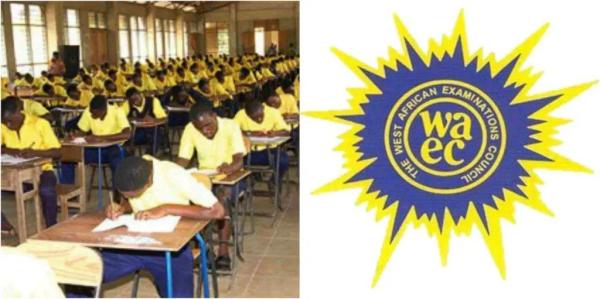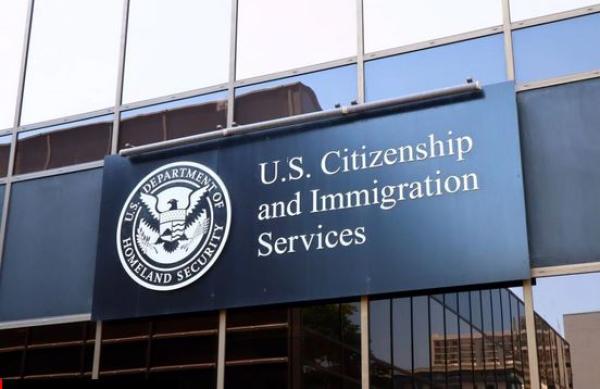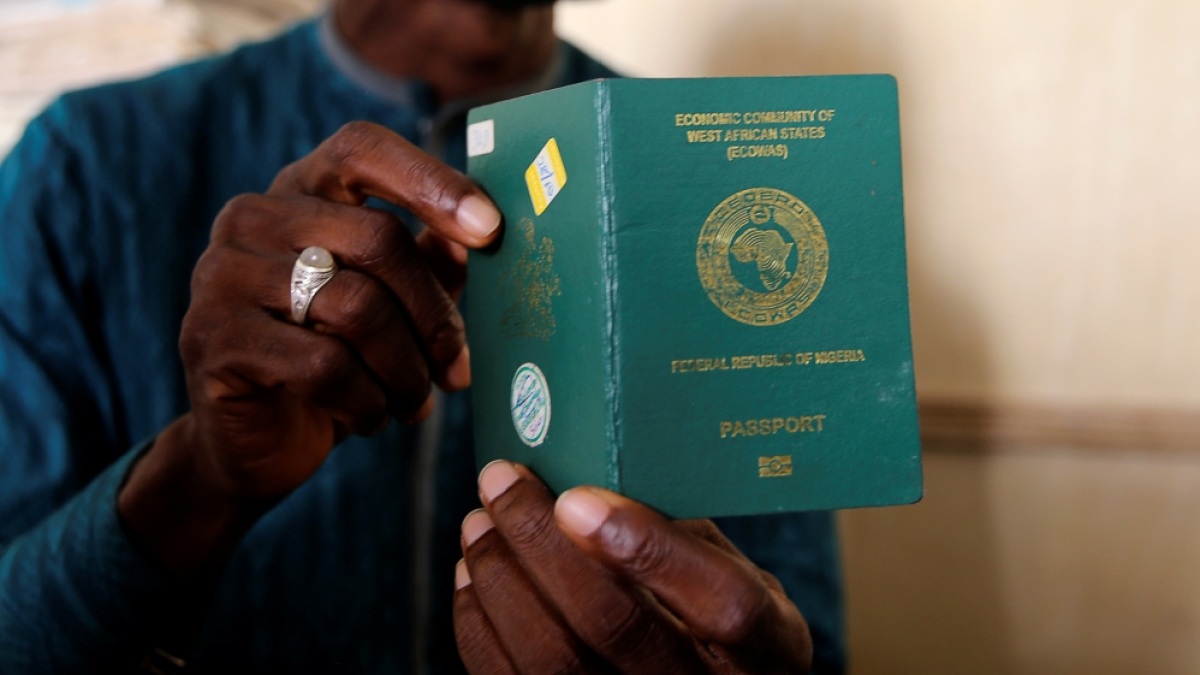
The West African Examinations Council has denied reports alleging that it issued a directive restricting Senior Secondary students to specific subjects for the forthcoming 2026 West African Senior School Certificate Examination for School Candidates.
In a statement issued on Tuesday by Moyosola Adeshina, the acting Head of Public Affairs, and signed on behalf of the Head of National Office, WAEC labeled the reports as “unfounded assumptions” and advised schools and the general public to disregard them.
Amid recent social media reports suggesting that schools had been directed to limit students’ subject combinations for the 2026 examination, WAEC reiterated that such claims were false and not issued by the Council.
The examination body explained that it does not issue directives concerning the development or modification of senior secondary curricula, as that responsibility lies solely with the Federal Government through relevant education authorities.
“WAEC wishes to categorically distance itself from this unfounded assumption and the information making the rounds on the said subject. The Council did not issue any such directive(s) nor restrict the choice of students to offer any particular subject(s) for WASSCE (SC) 2026 as alleged,” the statement read.
It highlighted that WAEC’s role was limited to implementing government-approved curricula through its examinations and that it operates strictly within the legal and operational frameworks set by the Nigerian government.
“The development and regulation of Curricula in Nigeria is within the purview of the Federal Government. WAEC, as an examination body, only comes in to implement government policies via assessment,” it said.
The Council also assured stakeholders that any change to the curriculum would follow due process and not be introduced arbitrarily.
Meanwhile, WAEC, established in 1952, conducts examinations across five West African countries—Nigeria, Ghana, Sierra Leone, The Gambia, and Liberia—and has maintained a reputation for fairness and credibility in student assessment.
“Schools, stakeholders, and the general public are hereby advised to disregard the misleading reports and rely solely on official communications from the Council for accurate information regarding examination guidelines for WASSCE (SC) 2026,” the statement concluded.
The Council reaffirmed its commitment to professionalism, excellence, and the equitable assessment of all candidates, assuring that no student would be disadvantaged in the forthcoming examination.






















